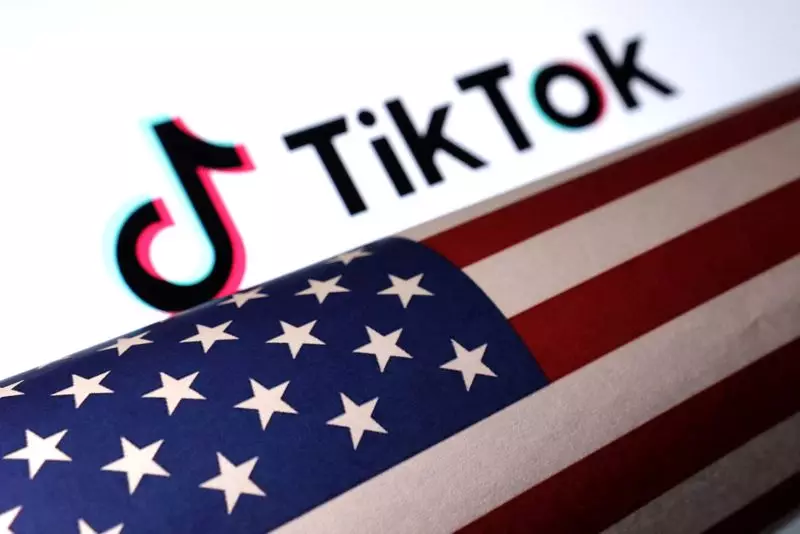In a surprising turn of events, TikTok was reinstated in the US just hours after its service was suspended due to a Supreme Court ruling. This ban had been anticipated after Congress decided that the app could only operate within the country if its Chinese ownership was relinquished. The looming fears among lawmakers are primarily related to national security, as concerns have been raised that the Chinese government could exploit TikTok to surveil or manipulate its significant user base of approximately 170 million Americans. The swift maneuvering to restore the service highlights the app’s vast popularity and the potential repercussions of a prolonged ban.
President-elect Donald Trump has positioned himself at the forefront of the TikTok controversy, vowing to “save” the platform upon his reinstatement in office. His rallying cry resonates with a base that recognizes the cultural significance of short-form video content. Despite the apparent priority given to national security, Trump’s comments suggest a pragmatic approach: he believes keeping TikTok accessible is of paramount importance, stating, “frankly, we have no choice.” This rhetoric indicates not just political posturing but also acknowledges the app’s popularity among American youth.
One of the more intriguing aspects of this unfolding drama is Trump’s proposal for a joint venture to ensure that at least 50% of TikTok’s ownership remains in American hands. This proposition opens the door to a variety of potential buyers and partnerships. Names like Tesla’s CEO Elon Musk and e-commerce giant Amazon have surfaced as credible candidates for acquisition. The speculation surrounding these corporate suitors reveals the app’s strategic value, especially in an age where digital influence directly correlates with market power.
Public opinion seems to favor keeping TikTok operational, a fact not overlooked by analysts. Reports from firms like Wedbush indicate there is ongoing interest from both financial and strategic tech investors in acquiring TikTok. This sentiment suggests that a complete ban is unlikely, considering the significant backlash it could generate. As TikTok navigates these turbulent waters, its future may hinge on its ability to align with public expectations and address the concerns of lawmakers.
As TikTok endeavors to stabilize its position in the US market, it faces a multifaceted challenge that includes regulatory scrutiny, public perception, and competitive pressures. The pressures for a sale or substantial restructuring are intense, but the platform’s immense popularity could serve as a lifeline. Stakeholders—including potential buyers, users, and government officials—will all play crucial roles in determining its fate. The situation remains fluid, but TikTok’s journey through this crisis could redefine the landscape of social media and international business relations in the coming years.

